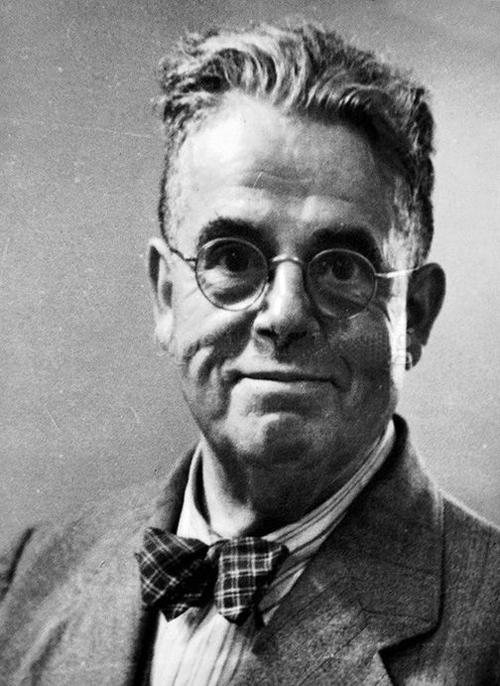
Your complimentary articles
You’ve read one of your four complimentary articles for this month.
You can read four articles free per month. To have complete access to the thousands of philosophy articles on this site, please
Philosophical Haiku
Karl Barth (1886-1968)
by Terence Green
Proud Reason brought low
Credo ut intelligam
The Word revealed

Swiss Reformed theologian Karl Barth was the leading Christian theological scholar of the twentieth century. He didn’t think much about sinful humanity, but he did have a reasonably high estimation of his own qualities, humbly considering himself part of an august lineage that included Kierkegaard, Luther, Calvin, St Paul, and Jeremiah – seers who believed that ‘man is made to serve God and not God man’.
Barth was revolted by the turn that Christianity had taken in nineteenth century Europe, with its liberal views on beliefs, its reductively rationalistic (ie anti-supernatural) approach to God, and a biblical exegesis which reduced the word of God to the status of historical myth. The idea that we share in the Divine Mind through human reason, he said, was sheer hubris on our part – yet another of humanity’s pitiful delusions. We must realise that God is forever beyond our reach, wholly Other. It is only because in Christ God joined us for a spell that we come to know him at all; and we showed our gratitude by crucifying him.
Barth’s guiding axiom, credo ut intelligam – ‘I believe so that I may understand’ – he took from St Anselm (1033-1109): without first believing that God exists (and the rest of basic Christianity), reason will tell us nothing of God. But before we all start believing so that we might understand, Barth adds that only those chosen by grace will come to know the truth of God. The rest of us will just have to make do. In his cheery way, Barth called this the ‘humiliation of the Gospel’. Meanwhile, having his secretary move in to live with him, his wife, and his five children might have been called the ‘humiliation of the spouse’.
Over the course of thirty years, Barth briskly summarised his thoughts in a work entitled Church Dogmatics, it contains over nine thousand pages of musings on God, revelation, creation, and atonement. He was going to tackle redemption and eschatology, but his own end of days caught up with him, and the project was never finished.
© Terence Green 2023
Terence Green is a writer, historian, and lecturer who lives in Eastbourne, New Zealand.









